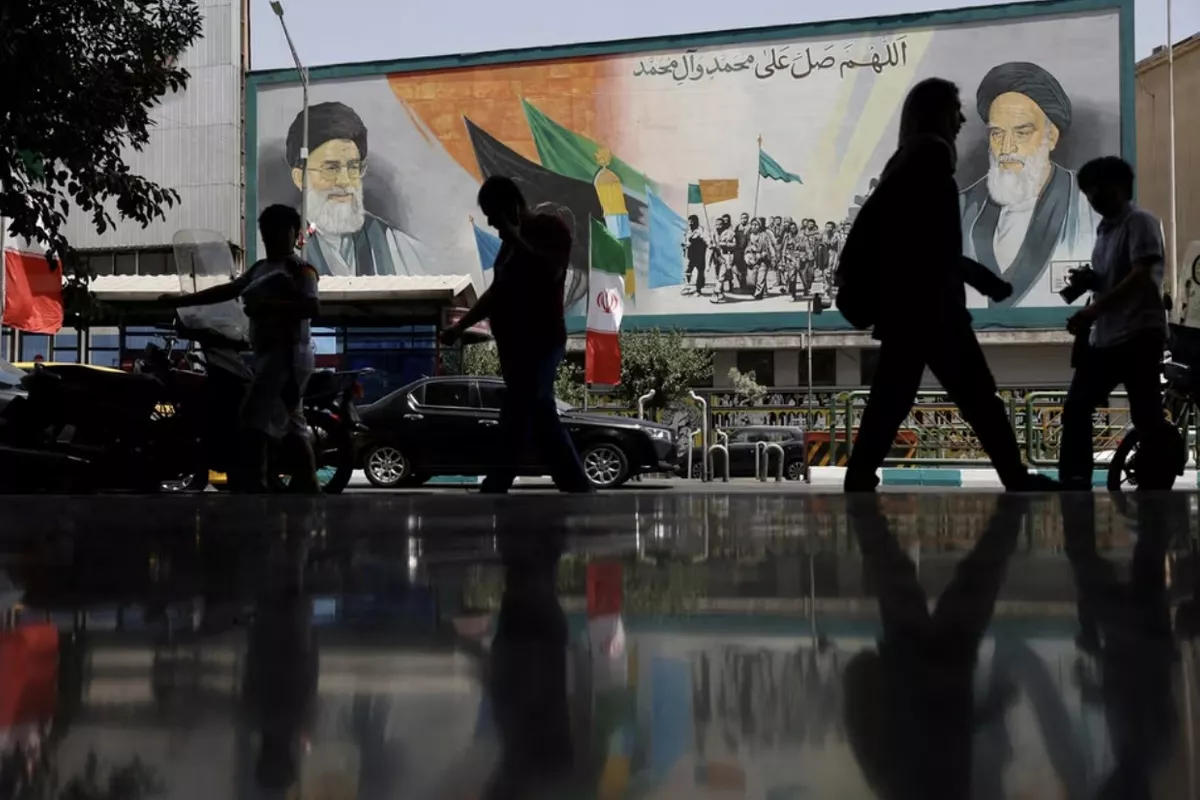
Photo credit: iranintl.com
Iran will conduct a drill on Friday to test its mobile phone warning system, sending test alerts to selected users between 10 a.m. and 12 p.m. local time, amid increasing discussions of potential conflict with Israel.
Iran will conduct a drill on Friday to test its mobile phone warning system, sending test alerts to selected users between 10 a.m. and 12 p.m. local time, amid increasing discussions of potential conflict with Israel, The Caspian Post reports citing Iranian media.
The reports said the test is part of a technical review of the Cell Broadcasting system used to warn residents during earthquakes, floods and other emergencies. Officials said the alerts will appear automatically on some phones, may include sound and vibration, and require no action from the public. They stressed the exercise does not reflect any real threat.
The test follows weeks of warnings from senior figures in Tehran. Foreign Minister Abbas Araghchi said that the country expects “any aggressive act” from Israel and is preparing for all scenarios, while former parliament speaker Ali Larijani said the war “is not over.” In Israel, former intelligence officials have also warned of a second round of fighting.
Tehran council chief says only 'special places' have new shelters
The drill comes as Tehran’s city council chief Mehdi Chamran said no new public shelters had been built for civilians, saying only “in special places” had new structures been prepared. “It is not necessary to say where,” he told the council, adding that the locations were not intended to be publicly disclosed.
Chamran said some metro stations were designed as shelters, including for chemical incidents, and were inspected during the twelve-day June war with Israel. He said work to complete these areas was ongoing, while stressing that he hoped no conflict would erupt.
His remarks echoed earlier comments from Iran’s passive defense agency, which said most residents would still rely on metro stations, underground car parks and basements in an emergency. The agency noted that limits on services and sanitation prevent the wider use of metro stations as full shelters.
During the June conflict, senior Iranian officials, including Supreme Leader Ali Khamenei, took cover in secure underground sites, while ordinary residents had no designated public shelters, prompting criticism. Tehran council members later admitted that no citywide shelter plan had been built in the past decades.
Share on social media